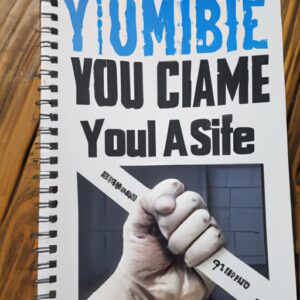How to Host Your Podcast on Your Own Website: Tips and Best Practices
Introduction
Are you tired of paying hosting fees for your podcast? It’s time to take control and host it on your own website. Not only will you save money, but you’ll also have more control over your content and how it’s presented to your listeners. In this article, we’ll cover everything you need to know to get started and share some best practices to make sure your podcast is a hit.
Step 1: Choose Your Website Platform
The first step in hosting your podcast on your own website is to choose a platform. WordPress is a popular choice that offers a variety of podcasting plugins to make the process easy. Other options include Squarespace, Wix, and Shopify. Whichever platform you choose, make sure it offers enough bandwidth to handle the traffic that comes with podcasting.
Step 2: Set Up an RSS Feed
Once you’ve chosen your platform, it’s time to set up an RSS feed. This is a crucial step in making sure your podcast can be distributed to popular podcast platforms like Apple Podcasts, Spotify, Google Podcasts, and more. This feed will also allow your listeners to subscribe and automatically receive new episodes.
Step 3: Record and Edit Your Episodes
It’s time to get recording! Make sure you have a quiet, comfortable space with good acoustics. There are a variety of free and paid software options for recording and editing your podcast, including Audacity, GarageBand, and Adobe Audition. When editing, make sure to leave some breathing room between segments, add any necessary music or sound effects, and make sure the audio levels are balanced.
Step 4: Publish Your Episodes
Now that your episodes are recorded and edited, it’s time to publish them on your website. Make sure to add engaging titles, show notes, and tags so your listeners can easily find and share your content. You can also set up a podcast player on your website so listeners can stream and download episodes.
Best Practices
To make sure your podcast is a hit, follow these best practices:
- Release episodes on a consistent schedule so your listeners know when to expect new content.
- Engage with your listeners on social media and respond to feedback and questions.
- Collaborate with other podcasters in your niche to reach new audiences and cross-promote your content.
- Invest in good equipment like a microphone and headphones to ensure high-quality audio.
- Consider joining a podcast network or partnering with a sponsor to monetize your podcast.
Conclusion
Hosting your podcast on your own website can seem overwhelming, but with the right tools and knowledge, it’s a great way to save money and have more control over your content. Follow these steps and best practices, and you’ll be on your way to creating a successful podcast that your listeners will love. Happy podcasting!






